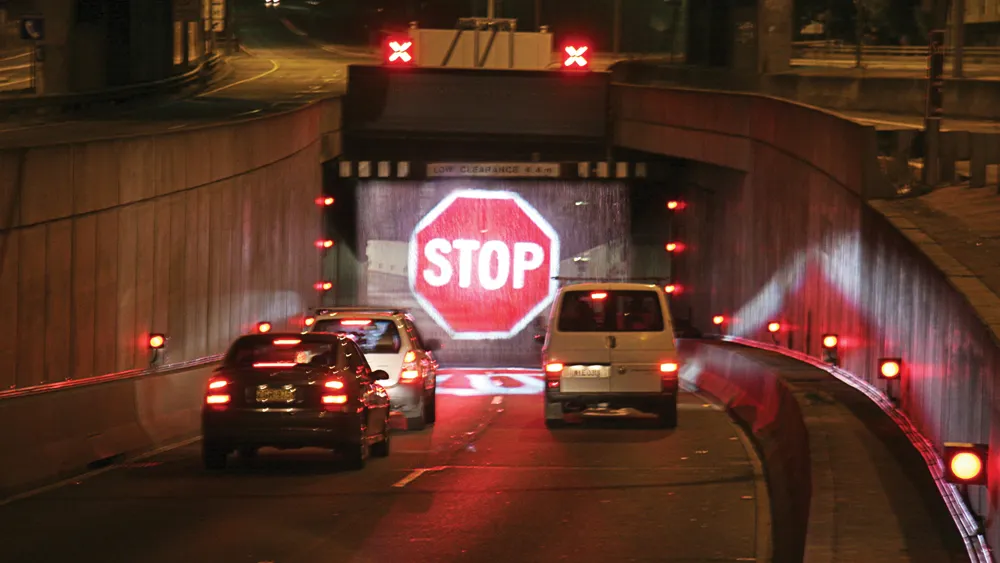Siemens is to provide the central section communications and control systems for the high-frequency metro service between Whitechapel and Paddington through new tunnels under central London under a contract announced by Crossrail. The scope of works includes the design, testing, installation and commissioning of key communications and control systems within Crossrail’s central section including CCTV and public address systems at stations, customer information displays, staff and emergency services radio sys
March 18, 2013
Read time: 1 min
The scope of works includes the design, testing, installation and commissioning of key communications and control systems within Crossrail’s central section including CCTV and public address systems at stations, customer information displays, staff and emergency services radio systems and the data networks that will carry information to and from the route control centre. Installation of the new communications and control systems will get underway in spring 2015.
The contract also includes commitments to provide apprenticeships and job opportunities for Londoners. Siemens will be required to create seven new apprenticeships and five new job start roles for individuals who are long-term unemployed or out of education or training for six months or more during the life of the contract.









